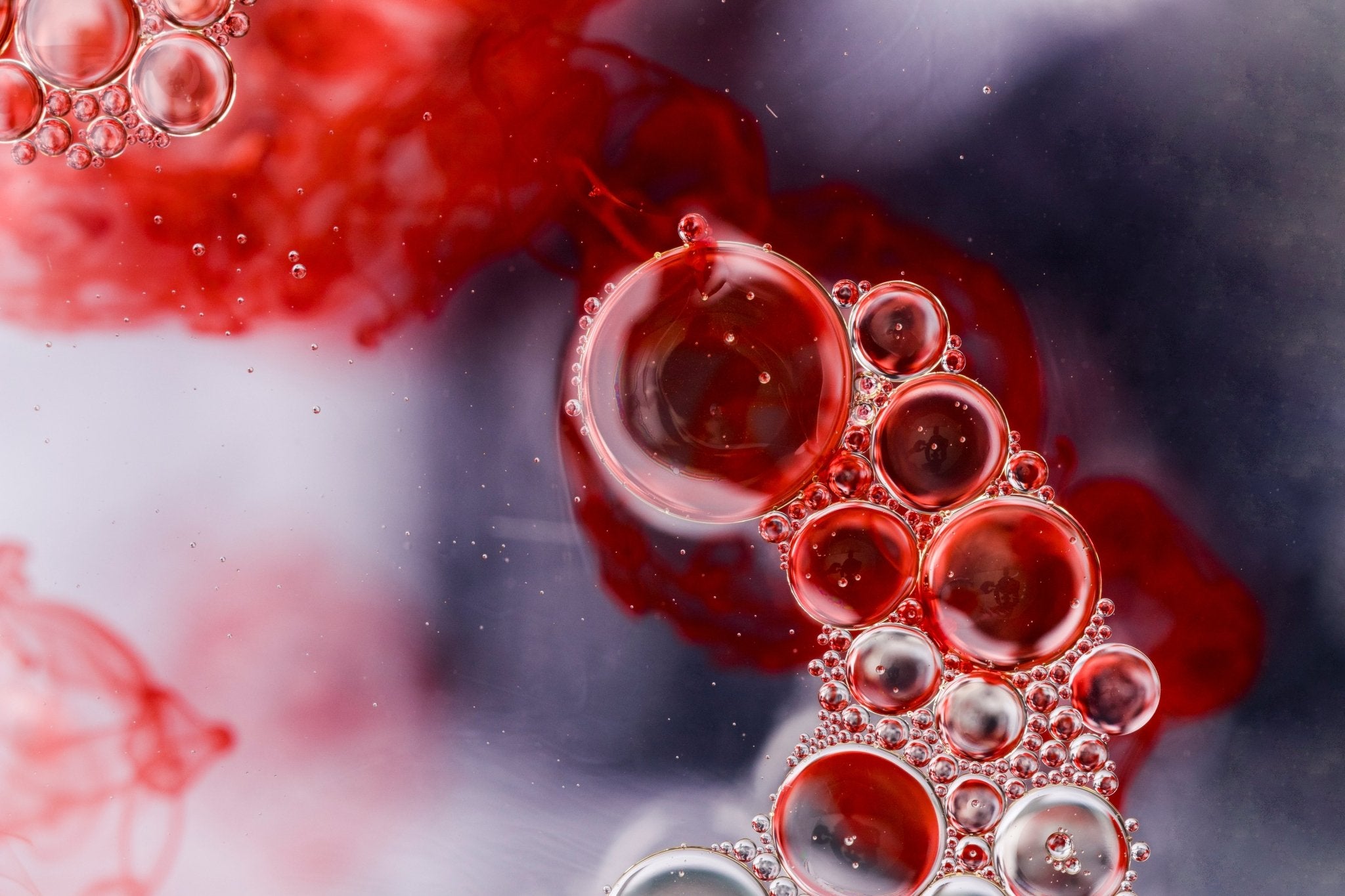Plasmalogens administered orally alleviate negative mood states and improve mental concentration: randomized double-blind placebo-controlled clinical trial
Controlled clinical Trial
Minoru Fujino 1, Jun Fukuda 2, Hirohisa Isogai 2, Tetsuro Ogaki 2, Shiro Mawatari 3, Atsushi Takaki 4, Chikako Wakana 1 and Takehiko Fujino 3.5*1 BOOCS Clinic Fukuoka, Fukuoka, Japan 2 Faculty of Humanities, Kyushu Sangyo University, Fukuoka, Japan 3 Institute of Rheological Functions of Food Products, Fukuoka, Japan 4 Department of Integrative Physiology, Kyushu University Graduate School of Medical Sciences, Fukuoka, Japan 5 Japanese Society of Plasmalogens, Fukuoka, Japan Rationale: Plasmalogens have been shown to improve neurodegenerative pathology and cognitive function. We assumed that plasmalogens act in small amounts as a kind of hormone interacting with a G-protein-bound receptor, and then investigated the effect of purified scallop-derived plasmalogens on psychobehavioral states in a randomized placebo-controlled study of college athletes in Japan.
Methods and materials: Eligible participants were male students aged 18-22 years who were in university sports clubs. They were randomly distributed either for plasmalogen treatment (2 mg per day) or for placebo treatment lasting 4 weeks. The primary outcome was a Mood Profile T Score (POMS) 2вАУadults, a summary report, and the secondary outcome included seven individual POMS 2 scales, other psychobehavioral indicators, physical performance, and laboratory measurements. The study was registered in the Japanese Clinical Trials Registry (jRCTs071190028).
Results: 40 participants (20 in the plasmalogen group and 20 in the placebo group) completed a 4-week course of treatment. The assessment of general mood disorder (ORN) in the plasmalogen group showed a greater decrease after 4 weeks than in the placebo group, while the difference between the groups differed slightly in significance (p = 0.07). The indicators of anger-hostility and fatigue-inertia on the POMS 2 scale decreased significantly after 4 weeks in the plasmalogen group, but not in the placebo group. The intergroup differences in these indicators were very significant (p = 0.003 for anger-hostility and p = 0.005 for fatigue-inertia). The plasmalogen group showed a slight decrease on the Athens Insomnia Scale after 2 weeks, and the difference between the groups was almost significant (p = 0.07). The elapsed time in the minute patterns of the Uchida-Krepelin test, which is a marker of mental concentration, revealed significantly higher rates in the plasmalogen group than in the placebo group. There were no differences between the groups in terms of physical and laboratory parameters.
Conclusion: It is assumed that plasmalogens administered orally alleviate negative mood states and sleep problems, and also improve mental concentration.

1 Introduction
Plasmalogens are a class of glycerophospholipids containing a vinyl ester bond at the sn-1 position of the glycerin backbone and polyunsaturated fatty acids (PUFA) at the sn-2 position, produced by a multistage process in peroxisomes and endoplasmic reticulum. In humans, plasmalogens exist mainly in the forms of phosphatidylethanolamine plasmalogen (PlsPE) and phosphatidylcholine plasmalogen (PlsPC), of which the former predominates in human tissues, especially in the brain (Farooqi and Horrocks, 2001; Braverman and Moser, 2012). Plasmalogen levels are reported to decrease in the postmortem brains of patients with Alzheimer's disease (AD) and in the blood of patients with AD (Ginsberg et al., 1995; Guan et al., 1999; Khan et al., 2001; Gudenove et al., 2007; Wood et al., 2010; Oma et al., 2012; Wood et al., 2015; Yamashita et al., 2016; Zarruk et al., 2018). Several recent reviews have suggested that plasmalogen supplements may improve cognitive function and reduce neurodegenerative pathology (Farooqi and Horrocks, 2001; Braverman and Moser, 2012; Lizard et al., 2012; Dorninger et al., 2017; Su et al., 2019). In addition, a simple method has been developed for extracting large amounts of plasmalogens from animals (Mawatari et al., 2007; Mawatari et al., 2009), which made it possible to conduct studies on plasmalogen treatment. In mice, plasmalogen administration not only suppressed inflammation-induced activation of microglia, amyloid formation and neuronal death in the brain, but also improved cognitive function (Ifuku et al., 2012; Katafuchi et al., 2012; Hossein et al., 2013; Hossein et al., 2018; Gu et al., 2022; Hossein et al., 2022). A randomized controlled trial showed that purified plasmalogens obtained from scallop improved cognitive function in patients with mild AD or mild cognitive impairment (Fujino et al., 2017; Fujino et al., 2018). Improvement of cognitive function associated with the addition of plasmalogen was also observed in patients with moderate and severe AD (Fujino et al., 2019) and Parkinson's disease (Mawatari et al., 2020).Plasmalogens can also be potentially useful in relation to psychobehavioral aspects other than cognitive ones. However, the effect of plasmalogen supplements on psychological states has not been studied, while psychological distress is very common among populations leading a normal lifestyle and affects mental and physical health (Brandt et al., 2017). Training and participation in sports competitions can affect the mood and sleep of athletes, which, in turn, can affect their daily life and the results of competitions (Verakkodi et al., 2021). We studied the effect of purified scallop-derived plasmalogens on the psychopathological states of college athletes in a randomized placebo-controlled trial. In this study, the Mood State Profile (POMS), version 2 (Heuchert and McNair, 2012), other psycho-behavioral parameters, physical performance and laboratory measurements.
